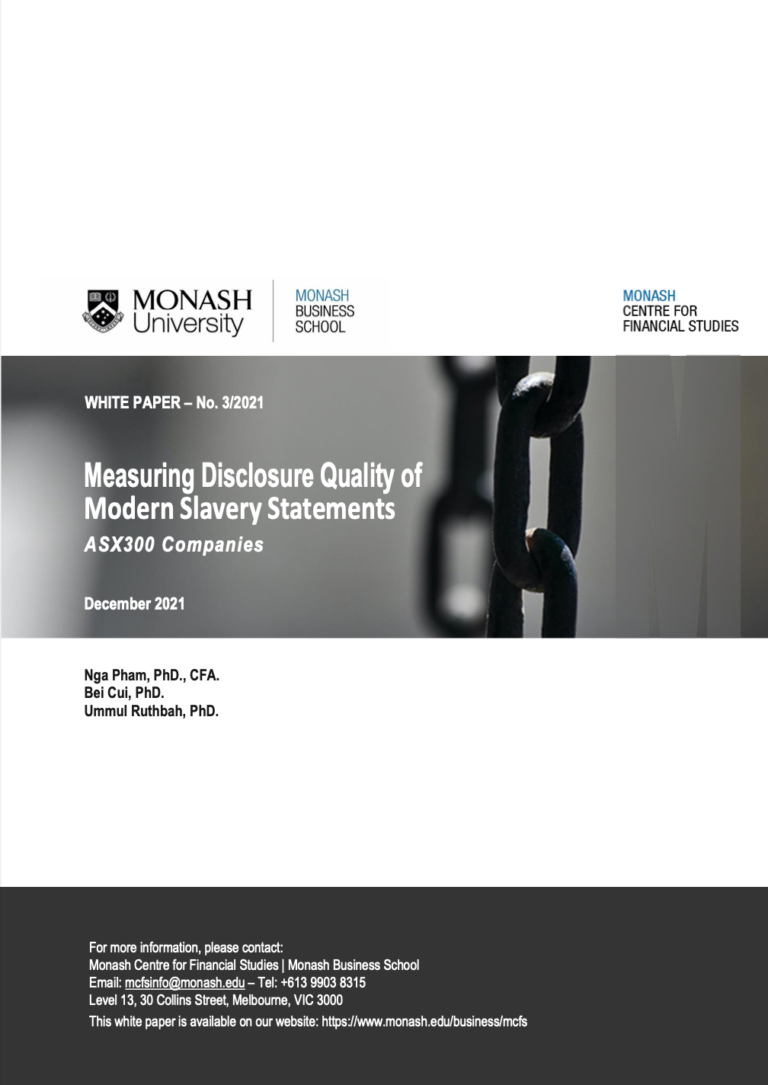Guide to Implementation of the AAA by Business
GuidanceThis Guide is designed to assist businesses participating in the Bali Process Government and Business Forum with practical examples to implement the AAA Recommendations (2018). This Guide is not designed to be prescriptive or exhaustive, but rather ...Read More

